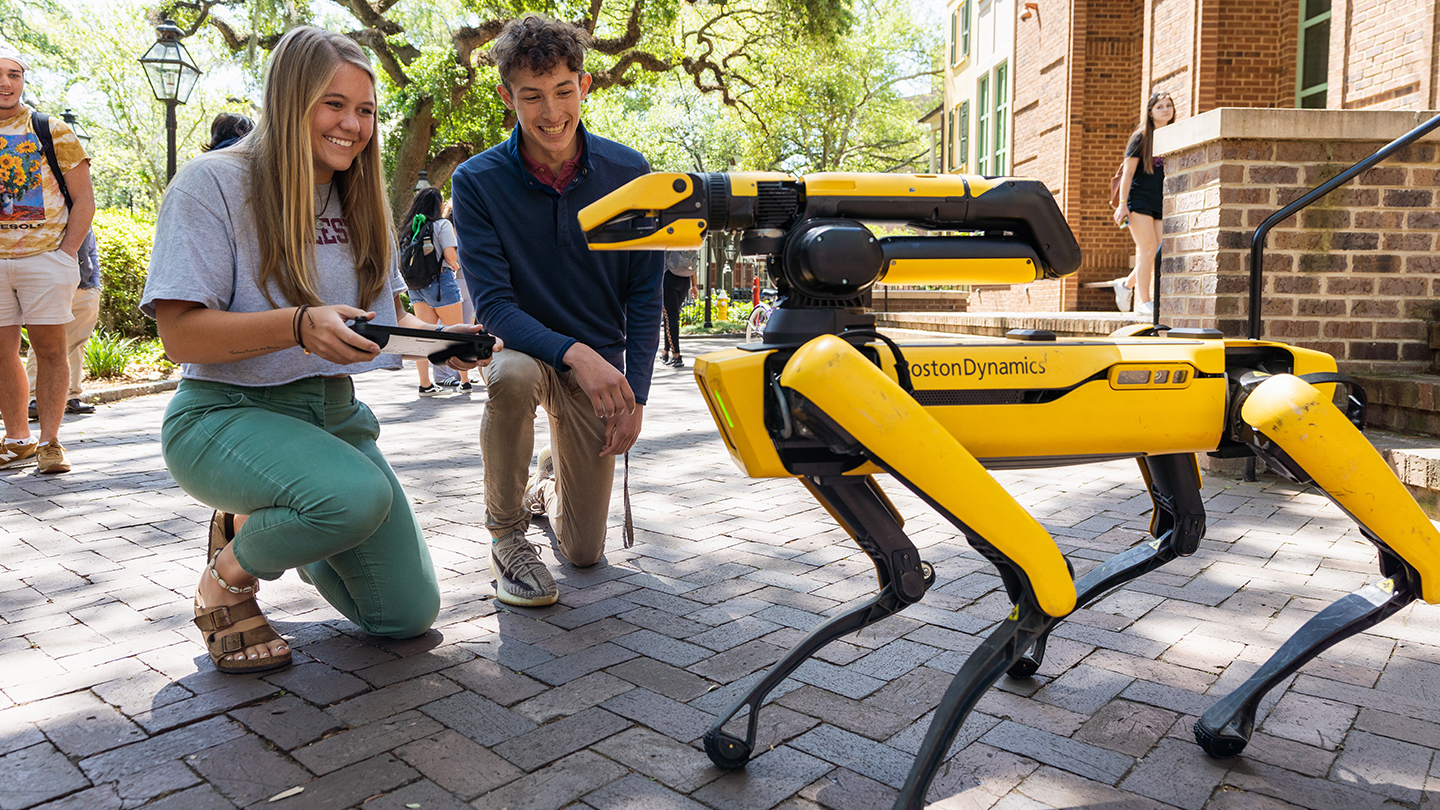School of Sciences, Mathematics & Engineering






We're explorers, inventors, innovators and visionaries. We're creative, curious and critical thinkers. We're the College of Charleston School of Sciences, Mathematics, and Engineering. Join us on our journey of discovery.
Sciences, Math, & Engineering
About Us
Our ideal location and the overall excellence of our programs provide you with unparalleled opportunities for success in STEM.
Read more about "About Us"
Academic Departments
Follow your passion for innovation & technology. Explore the academic programs in the School of Sciences, Mathematics, & Engineering.
Read more about "Academic Departments"
Experiential Learning
Unique experiential learning opportunities include research with renowned faculty mentors and study abroad for global collaborations.
Read more about "Experiential Learning"
Facilities
Field labs, harbor-side views, sustainable buildings and naturally, a museum. Our facilities provide the resources you need for research and learning,
Read more about "Facilities"
Outreach & Grants
The School of Sciences, Mathematics, & Engineering connects with a broader community in sharing knowledge, discovery and wonder.
Read more about "Outreach & Grants"
Scholarships
Scholarship opportunities for undergraduate and graduate students in the sciences, math, computer science and engineering.
Read more about "Scholarships"
Contact Us
We're here to help. Contact us in the Dean's Office for answers and support.
Read more about "Contact Us"


Ready for Red Hat
“The program is a perfect mix of soft and technical skills, which has given me the skills to make me a more qualified (job) candidate." - Computer science major Isaiah Stapleton ('23) on how the College of Charleston computer science program prepared him for a job at Red Hat, Inc.
Read More